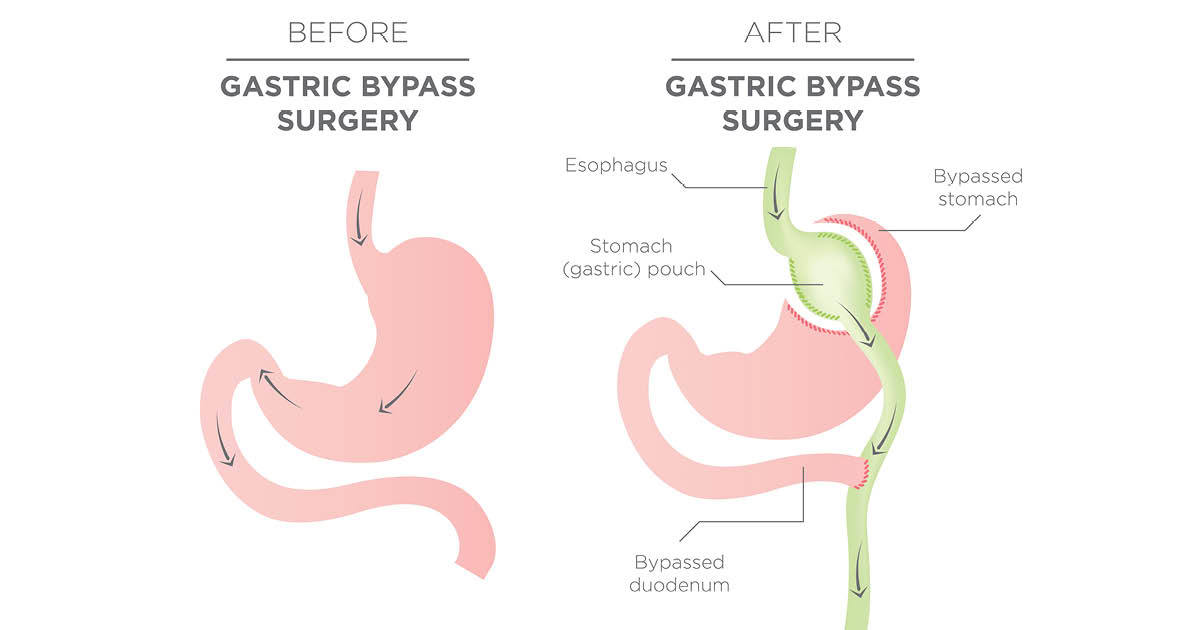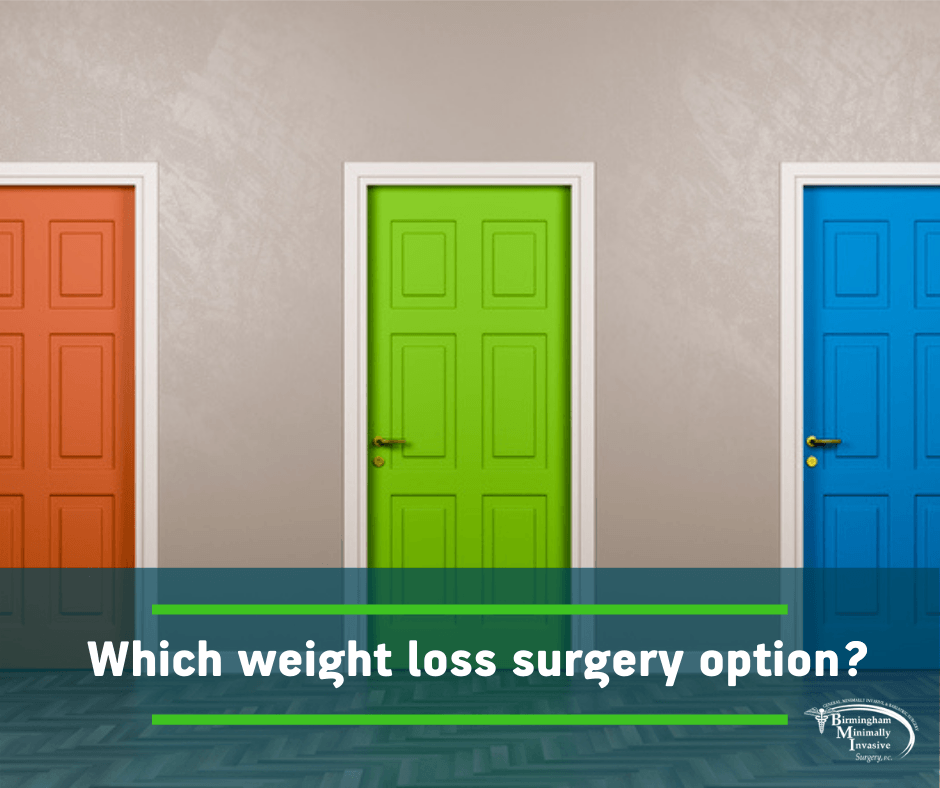

Have you decided that weight loss surgery is something you are definitely going to do? We are happy to hear that! However, we know it can be overwhelming to take the next steps. This is a life-changing and life-saving decision.
Our surgeon, Dr. Jay Long, is the absolute best when it comes to finding the right weight loss surgery option. He’s also the best when it comes to performing all of these procedures. Dr Long, along with other members of our team, will be with you every step of the way to make the best decisions.
To help you wade through all of the information, we like to focus on educating our patients as much as possible about what to expect before, during, and after surgery.
We have three primary weight loss surgery options: gastric sleeve surgery, gastric bypass surgery, and the LAP-BAND. Let’s take a closer look at them all.
Gastric sleeve surgery
During gastric sleeve surgery, we basically cut away the top and largest part of the stomach, which is called the fundus. We remove about two-thirds of the stomach. The removed section is where the hunger hormone, ghrelin, lives. The combination of removing the hunger hormone and a large portion of the stomach typically leads to significant weight loss.
If using insurance to cover the procedure, you must have a minimum BMI of 35 to 40, along with various other health issues, such as diabetes, sleep apnea, or heart disease. If your BMI is higher than 40, these other health issues are not required. Gastric sleeve is a good option for anyone meeting these requirements without insurance coverage as well.
Compared to other options, gastric sleeve is considered to be a more simple procedure. We do not reroute the intestines like we do during gastric bypass, and we do not put in a foreign body as we do with the LAP-BAND. It typically takes only about 30 to 45 minutes, and we perform the surgery laparoscopically. This means we avoid the need for large abdominal incisions, which typically results in less pain, shorter hospital stays, and faster recovery.
Gastric bypass surgery
With gastric bypass (also called Roux-en-Y), we create a small stomach pouch that restricts food intake. We attach a Y-shaped section of the small intestine to the pouch. This allows food to bypass the lower stomach — the duodenum (the first segment of the small intestine) and the first portion of the jejunum (the second segment of the small intestine). Doing so reduces the amount of food you can take in because your stomach holds only one to two ounces. This bypass also reduces the absorption of nutrients and thereby reduces calorie intake.
Gastric bypass is often a great option for our heavier patients because most lose up to 80% of their excess body weight as opposed to about 60% with gastric sleeve. This rapid weight loss can be very beneficial for those who have more severe health issues, such as sleep apnea, high blood pressure, and diabetes. It’s also a good option for anyone with severe acid reflux or poorly controlled diabetes since gastric bypass has proven to cure both.
We sometimes hear that people have the impression that gastric bypass is more invasive than other options, but we take a minimally invasive approach. We typically make six incisions, and it’s done completely laparoscopically. It is a little more labor-intensive because we do change your anatomy. The inpatient surgery takes one to two hours and requires a hospital stay of one or two nights.
The LAP-BAND
With this procedure, we place the LAP-BAND near the top of the stomach where it meets the esophagus. This creates a very small pouch that empties into the larger remaining portion of the stomach. We connect the band to a port, which is located underneath the skin of the abdomen. This is how we put fluid in the band, which allows us to make the band opening larger or smaller in size, providing more or less restriction.
We typically perform the LAP-BAND procedure in our outpatient surgery center, and you are usually discharged the same day. Some patients prefer the LAP-BAND because it is not permanent. We are not changing the anatomy of the stomach, and we can take the LAP-BAND out if you choose to do so. It can be a good option for those paying out of pocket, because it is a very cost-effective choice.
With the LAP-BAND, weight loss may be somewhat slower than with other options. We have to find that “happy place” where you are able to eat well but also maintain smaller portion sizes. This is where band adjustments come into play.
Which option is right for you?
With all three of these weight loss procedures, the goal is for you to lose weight and become healthier, hopefully eliminating or reducing the severity of other health issues. Which one is best for you will depend greatly on your individual situation. But you must remember that no weight loss surgery option is a magic fix for permanent weight loss. While these procedures will certainly help, diet and exercise will still be important.
You don’t have to figure this all out alone. You’ve made a huge first step in deciding to have weight loss surgery, and Dr. Long will now come alongside you to provide his expertise and experience to consider your unique needs and find the right option.



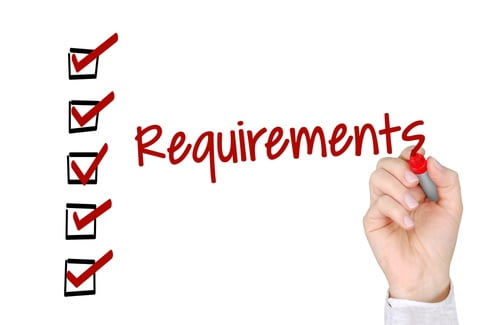
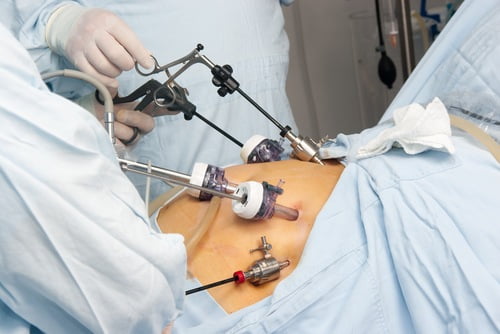
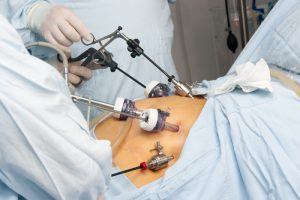 If you are interested in pursuing bariatric weight loss surgery, you have probably heard of
If you are interested in pursuing bariatric weight loss surgery, you have probably heard of 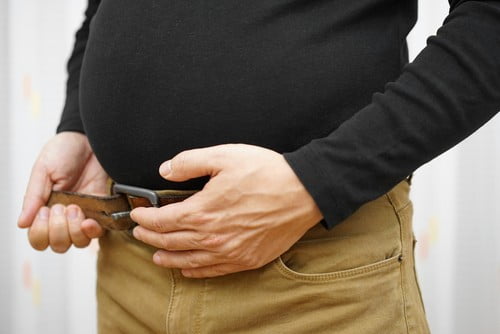
 A few years ago, you had bariatric surgery with successful results. It’s a great option for those suffering from excess weight and obesity. But now? Well, life happens. For even the best patients, it’s hard to continue a strict diet and exercise routine.
A few years ago, you had bariatric surgery with successful results. It’s a great option for those suffering from excess weight and obesity. But now? Well, life happens. For even the best patients, it’s hard to continue a strict diet and exercise routine. 
